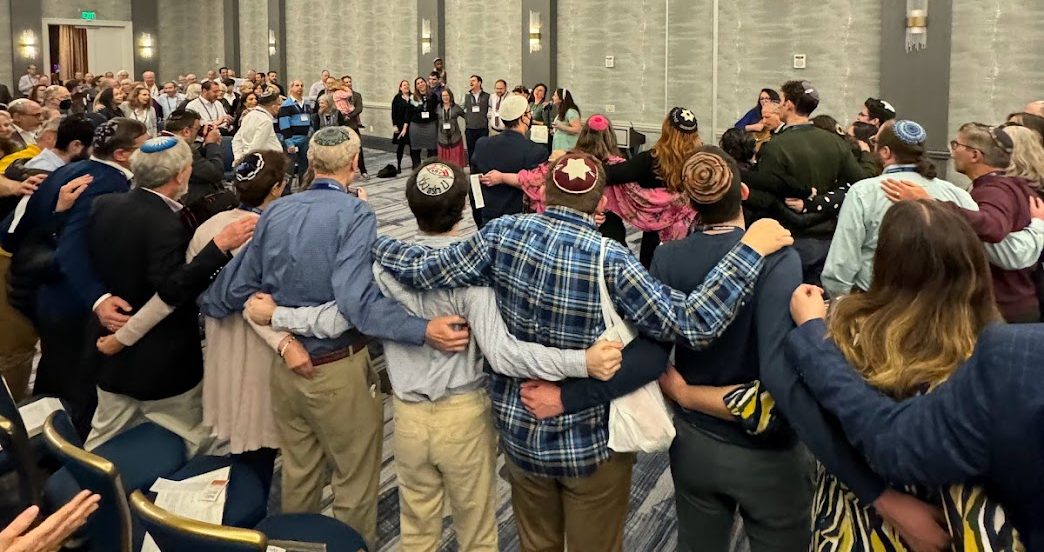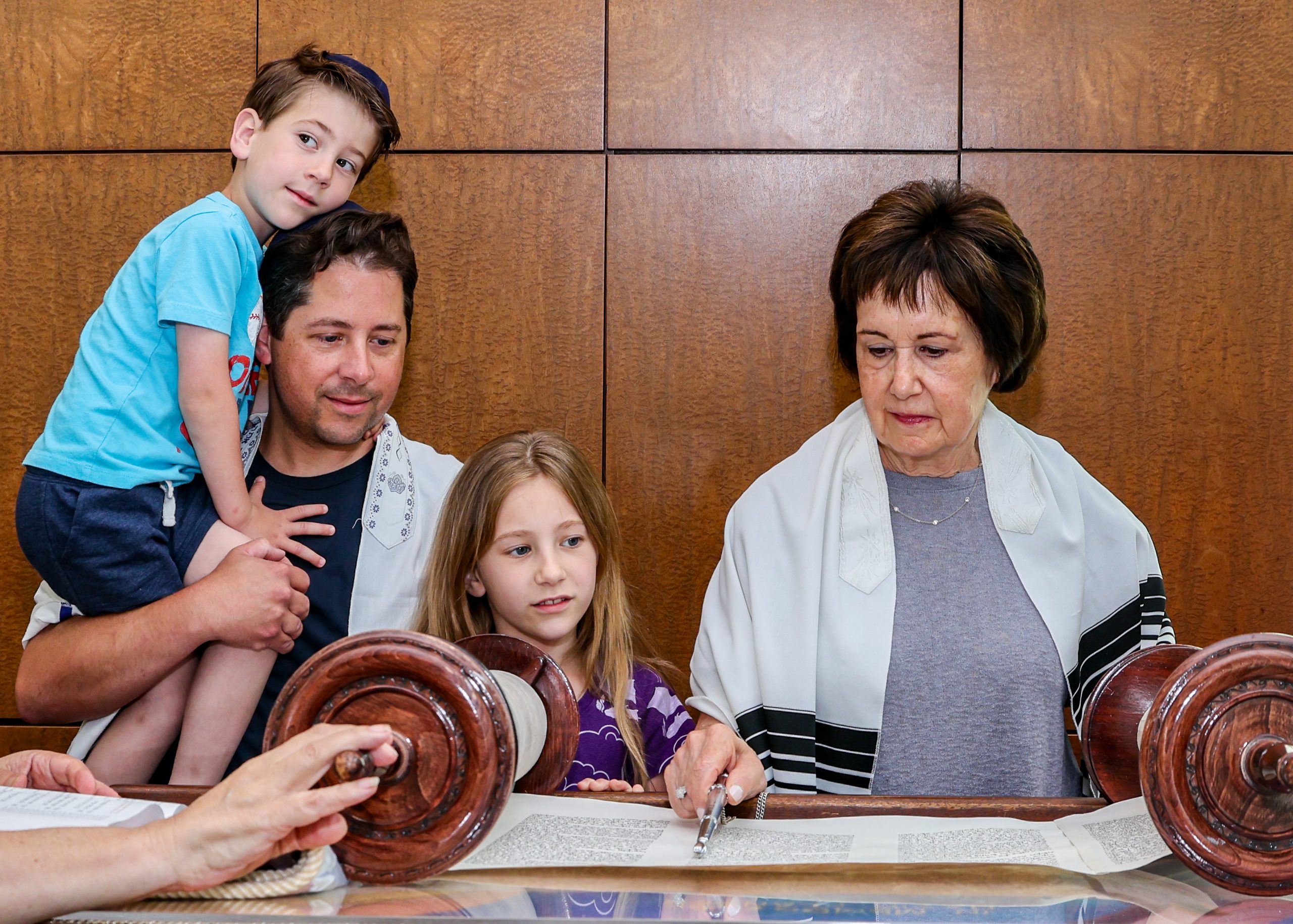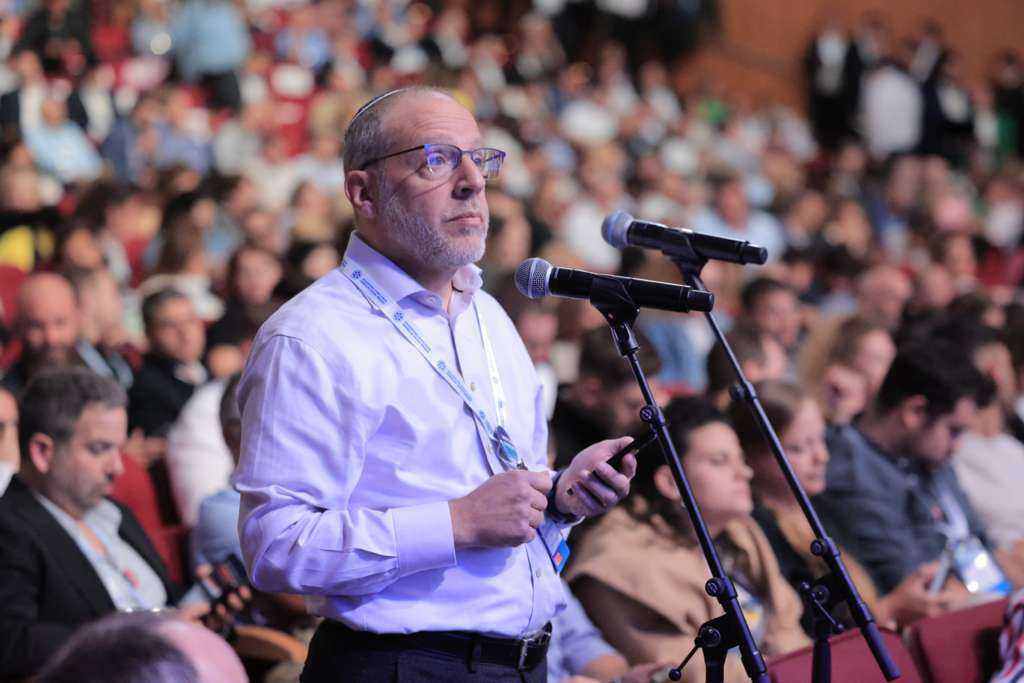
Last month, we invited synagogue leaders to complete a brief survey about their current security practices. Fifty-two leaders responded, giving us a snapshot of how congregations think about and manage security today. While these results represent only a fraction of our affiliated synagogues and should not be taken as representative of the movement as a whole, several important trends emerged.
Security is Universal
Every single respondent – 100% – reported that their synagogue hires security. For most congregations, this means coverage during large gatherings such as Shabbat services, holidays, and major events. Seven congregations go further, employing professional security whenever the building is open.
Armed Security is the Norm
Nearly all respondents (50 out of 52) hire armed guards or off-duty police officers. Three synagogues also reportedly rely on armed volunteers to help provide coverage at times. This reflects the seriousness with which congregations approach potential threats.
Dedicated Security Roles Emerging
Ten synagogues reported having a full-time or part-time security coordinator on staff. The majority, however, assign security coordination responsibilities to staff or lay leaders, often on top of other duties. This signals a growing need for training synagogue leaders in the security realm.
Widespread Use of Surveillance Technology
Video surveillance has become nearly universal. Forty-five respondents said their buildings and grounds are monitored by cameras, with most running surveillance 24/7. One synagogue reported that 12 different staff members have access to live security feeds from their desks: a sign of how integrated this technology is to everyday life.
How Congregations Handle Costs
The financial burden of security is significant. Eleven synagogues said they incorporate security into general membership dues, but most provide security as its own line item. Five respondents noted they assess extra fees for lifecycle events with larger anticipated attendance, such as b’nai mitzvah services, to help cover these expenses.
What This Means for Leaders
The survey responses paint a clear picture: security has become a baseline expectation in synagogue life. Congregations are moving beyond makeshift or ad hoc solutions, increasingly relying on professional personnel, advanced surveillance, and structured funding models. Yet the fact that many still lean on volunteers or staff without specialized training underscores the ongoing challenge of balancing safety with limited resources.
As leaders, we are tasked with ensuring our communities feel both welcoming and secure. Sharing models, learning from one another, and seeking communal support will be essential as security continues to evolve as a central element of synagogue operations.
Check out our Digital Resource Library for resources on synagogue security and crisis planning. If you have any questions or need assistance, email [email protected].









